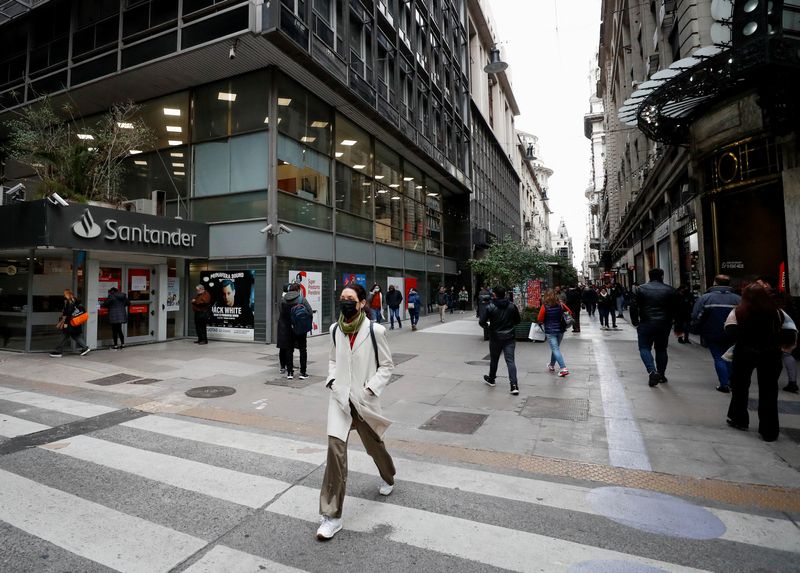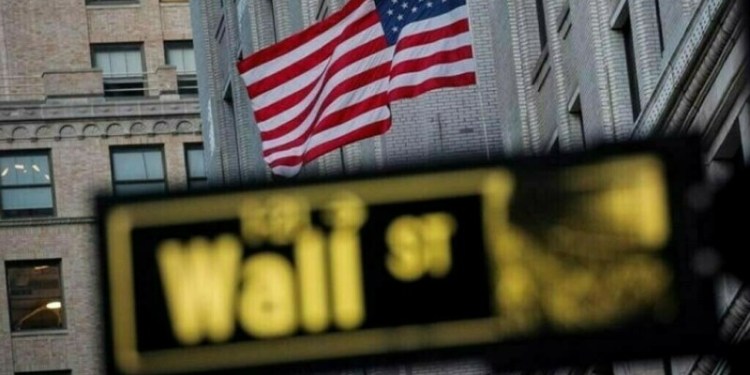
© Reuters. FILE PHOTO: People walk in downtown Buenos Aires, Argentina, July 4, 2022. REUTERS/Agustin Marcarian/File Photo
USD/ARS
-0.04%
Add to/Remove from Watchlist
Add to Watchlist
Add Position
Position added successfully to:
Please name your holdings portfolio
Type:
BUY
SELL
Date:
Amount:
Price
Point Value:
Leverage:
1:1
1:10
1:25
1:50
1:100
1:200
1:400
1:500
1:1000
Commission:
Create New Watchlist
Create
Create a new holdings portfolio
Add
Create
+ Add another position
Close
ZS
-1.58%
Add to/Remove from Watchlist
Add to Watchlist
Add Position
Position added successfully to:
Please name your holdings portfolio
Type:
BUY
SELL
Date:
Amount:
Price
Point Value:
Leverage:
1:1
1:10
1:25
1:50
1:100
1:200
1:400
1:500
1:1000
Commission:
Create New Watchlist
Create
Create a new holdings portfolio
Add
Create
+ Add another position
Close
DCCc1
-5.74%
Add to/Remove from Watchlist
Add to Watchlist
Add Position
Position added successfully to:
Please name your holdings portfolio
Type:
BUY
SELL
Date:
Amount:
Price
Point Value:
Leverage:
1:1
1:10
1:25
1:50
1:100
1:200
1:400
1:500
1:1000
Commission:
Create New Watchlist
Create
Create a new holdings portfolio
Add
Create
+ Add another position
Close
BUENOS AIRES (Reuters) – Argentina’s economy is expected to grow 2.7% in 2024 after contracting 2.5% this year, according to a budget proposal sent by the economy ministry to Congress late on Friday.
“GDP growth is expected to continue at a rate of 2.0% annually during the period 2025-2026,” the budget proposal showed, adding that 2024 growth would be driven by a “rebound in the agricultural sector, mainly due to the expected recovery in the soybean and corn harvest.”
The government also expects the country to have an annual inflation rate of 135.7% in 2023 and 69.5% in 2024.
The budget proposal also shows the government expects the country’s currency to weaken sharply next year to 607 pesos per dollar from the 365.9 pesos per dollar expected for 2023.
The South American nation is grappling with triple-digit annual inflation that is forcing hard-hit consumers to run a daily gauntlet to find deals and cheaper options as price hikes roil the market.
Monthly inflation hit 12.4% in August, the highest figure since 1991. The surge in price pressures has pushed poverty levels past 40% and stoked anger at the traditional political elite ahead of national elections in October.
The country is also battling to salvage a $44 billion deal with the International Monetary Fund (IMF) amid a steady depreciation of the peso, negative central bank reserves and a flagging economy due to the impact of drought on the farming sector.
Source: Investing.com



























